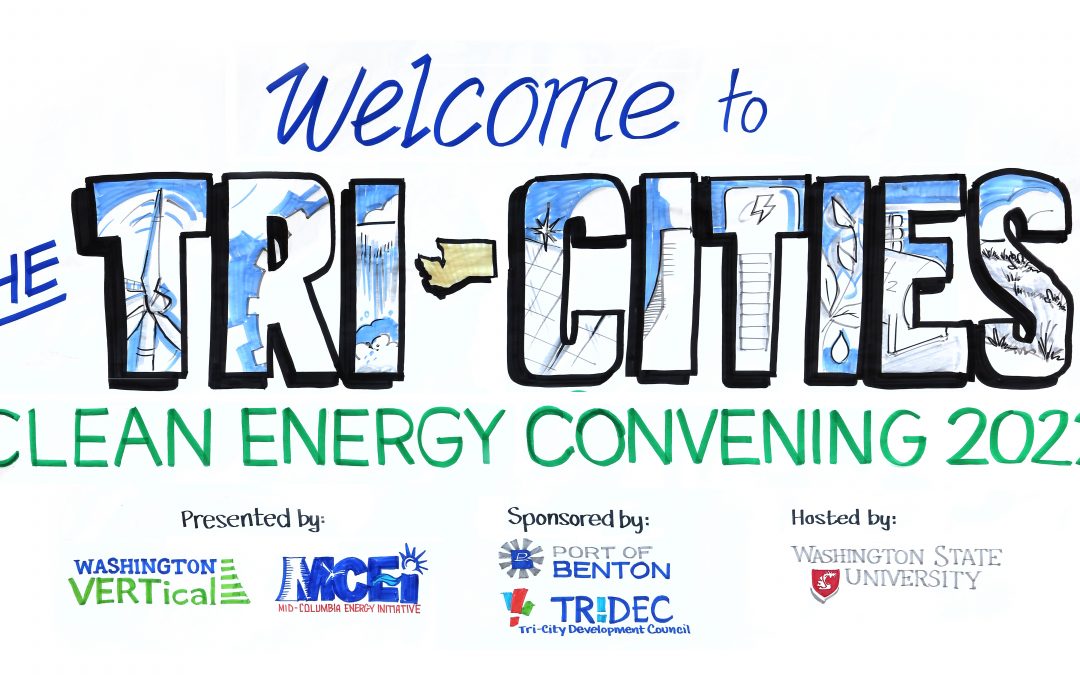Last week the Innovation Cluster Accelerator team attended the Tri-Cities Clean Energy Convening, hosted by Washington VERTical and the Port of Benton. We were joined industry executives, entrepreneurs, and stakeholders from academia, labor, and government at the WSU Tri-Cities campus for an invigorating conversation. Participants included the local chamber, major companies like Framatome and OCOchem, union leaders, educators, representatives from the national lab, state agencies, and state representatives.
This diverse group displayed exactly the kind of energy and urgency needed to build a world class innovation cluster and to accelerate the transition to sustainable, carbon-free power production. We were thrilled to be part of the conversation about innovation and expanding the domestic production of clean energy. A large part of the strategy discussed was the deployment of advanced modular nuclear reactors and the needed development of the supply chain to support deployment. We were also heartened to see the sense of purpose that the stakeholders we met with are bringing to this challenge. The VERTical team crafted a fantastic opportunity to network and to share the vital work that is happening in the clean tech space right here in Washington. Our team was honored to have the chance to build on existing relationships and to meet newcomers to the cluster effort.

Ultimately the move to clean electricity will allow Washington residents and businesses to power their buildings and homes, vehicles, and appliances with carbon free resources, such as wind and solar. Advanced Modular Nuclear Reactors will serve an important purpose as base energy providers to bolster intermittent renewable energy sources. Reductions in fossil fuel use will improve the health of communities, grow the economy, create family-sustaining jobs, and enable the state to achieve its long-term climate goals. This transition, and the jobs it promises to bring, is also an important way forward for the Tri-Cities area in particular, as it gives the next generation of students at WSU Tri-Cities and engineers at the Hanford complex a continued way to use their engineering skills and talents in the community they grew up in.

This urgency and emphasis on collaboration across all sectors is what innovation clusters need to be successful. Perhaps it’s no surprise that a community that answered the nation’s call during World War II would once again effectively mobilize to answer a crucial national need. This meeting was only the beginning, but it was an inspiring one. We look forward with excitement to see what we are able to accomplish by working together.

